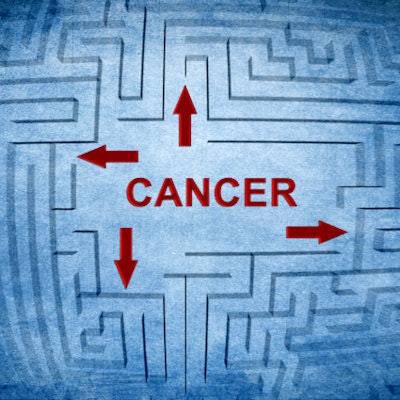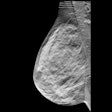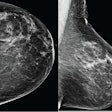
A new study found that individuals had a strong preference for cancer screening exams even after they were told the potential harm of screening would outweigh its benefit, according to a paper accepted for publication in the Journal of Experimental Psychology: Applied.
University of Missouri researchers asked whether respondents would choose cancer screening in two scenarios:
- All subjects were asked whether they would undergo a hypothetical cancer screening test for breast (women) or prostate (men) cancer that did not reduce the chance of cancer death or extend life. More than half of survey respondents wanted this screening test.
- When the possibility of serious harm from screening was also described in detail, more than one-third wanted screening.
The results indicate that most people have a strong preference for screening, even though it could lead to false positives that can create anxiety, prompt additional follow-up tests, and lead to overdiagnosis and costly unnecessary treatment, the researchers noted.
"According to responses, many people did not believe, even hypothetically, that screening might not save lives," study author Laura Scherer, PhD, an assistant professor of psychological sciences, said in a release from the university.
In addition, some people believed that screening provided important health information and wanted that information even if it did not save lives.
"Our findings show that people have a strong desire to do something to address the threat of cancer and that they would prefer to receive a screening test that does not save lives rather than not be screened at all," Scherer said.
The researchers recommended that clinicians and oncologists develop better communications skills and tools and look for ways to reassure patients.



















